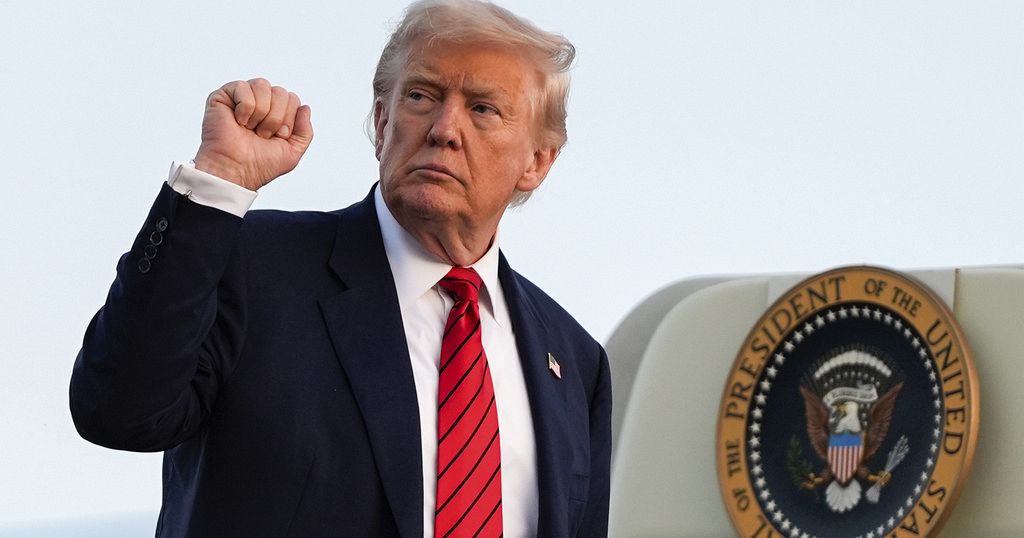The United States is reviving a contentious Trump-era policy requiring travelers from select nations to pay refundable bonds of up to $15,000 for temporary entry visas, reigniting debates over immigration enforcement and its economic and social consequences. The program, first proposed in 2020 but never implemented, targets countries with tourist and business visa overstay rates exceeding 10%, many of which are in Africa. Travelers would recuperate the bond amount upon leaving the U.S., gaining citizenship, or in the event of death.
A draft rule published ahead of an August 5 Federal Register notice describes the 12-month pilot as a collaborative effort between the State Department, Homeland Security, and Treasury to test bonds as a compliance tool. While the final list of affected countries remains unpublished, historical data points to Chad, Eritrea, Haiti, Myanmar, Yemen, Burundi, Djibouti, and Togo as nations with elevated overstay risks. Officials emphasize that selection criteria will also weigh weak visa vetting systems and concerns about residency-for-sale programs.
The initiative emerges alongside broader immigration restrictions echoing Trump administration priorities, including a travel ban affecting predominantly African and Middle Eastern countries, termination of temporary protected status for some migrants, a proposed $250 “visa integrity fee,” and requirements for foreign students to disclose social media activity during visa applications. Critics argue these measures disproportionately impact lower-income travelers and countries in the Global South.
Industry groups warn of deepening tourism declines, citing a 11.6% drop in overseas arrivals and a 20% year-over-year decrease in visits from Canada and Mexico this March. The U.S. Travel Association projects that the bond policy could affect approximately 2,000 applicants annually, predominantly from nations with limited U.S.-bound travel. They link recent visa processing delays and added fees to worsening travel sector performance, which saw international visitors spend $17% less in Q1 2024 compared to pre-pandemic levels.
Human rights organizations voice alarm over potential profiling and arbitrary detentions, noting that financial barriers could deter legitimate travelers while failing to address systemic issues in immigration policy. “This creates a two-tiered system where wealth dictates access,” said Amelia Torres of the Migration Policy Institute. “It risks alienating communities already wary of increased scrutiny.”
The State Department maintains the program aims to balance security with lawful visitation, asserting bonds would be “a temporary measure subject to rigorous evaluation.” Yet with tourism revenues faltering and diplomatic tensions simmering, the policy’s ripple effects may extend far beyond its 12-month trial, testing the balance between enforcement and global engagement.
